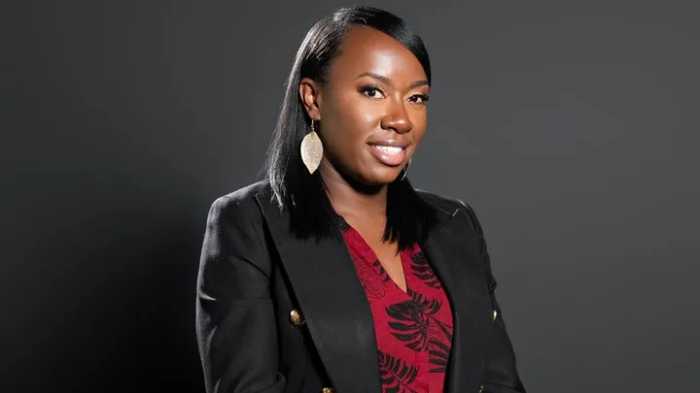Everyone needs and should have a will. A will is a legal declaration of how a person wishes his or her possessions to be disposed of after death.
Wills make sure that the antique jewelry which belonged to a beloved grandmother will be passed on to a daughter or that college will be possible for a grandson or that one’s favorite charity will receive funds to continue its good work.
If you die without a will, your possessions and property will be distributed only among your family members; perhaps not exactly the way you want. New York State law will make these determinations - not you. No charities or friends would benefit. Many other legal complications may arise after a person dies “intestate” or without a will. Some of them can be costly and lead to an unnecessary tax burden on your estate or family.
Many people believe that a will is only necessary when there is a significant amount of money, valuables and property to be distributed after death to loved ones, children, families, friends and charities. Nothing could be further from the truth. Even a person with a limited amount of money or property should have a will.
How does one go about making a will? The first thing to do is to list all your assets and then decide whom you want to share these assets. You will also need to think about a “personal representative” or “executor” who will carry out the provisions of your will.
Most experts caution against drafting your own will without using professional legal advice. Even though the “will” forms available on the internet or at an office supply store look impressive, they may omit an essential requirement. It is all right to use these forms for a draft of your will, but it is best to call an attorney and make an appointment to discuss the final draft of your will. Many attorneys are willing to quote prices over the telephone so be sure to discuss fees in advance. Many offer a free or low-cost first consultation.
A copy of your will along with any funeral arrangements you have made should be kept in a safe place where family or a close friend can have access to the information when needed. A safe deposit box is sealed immediately after the death notice is published, so it is not recommended for storing instructions for funeral arrangements, wills or insurance documents.
If you do not have a personal attorney, call the New York State Bar Association’s Lawyer Referral Service at 1-800-342-3661.
You can request a comprehensive report on Wills and Living Trusts by writing: AARP, 601 E Street, NW, Washington, DC 20049.
Reprinted with the permission of the New York State Funeral Directors Association.

































